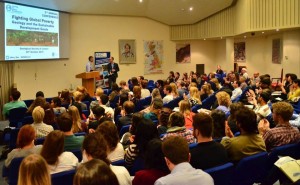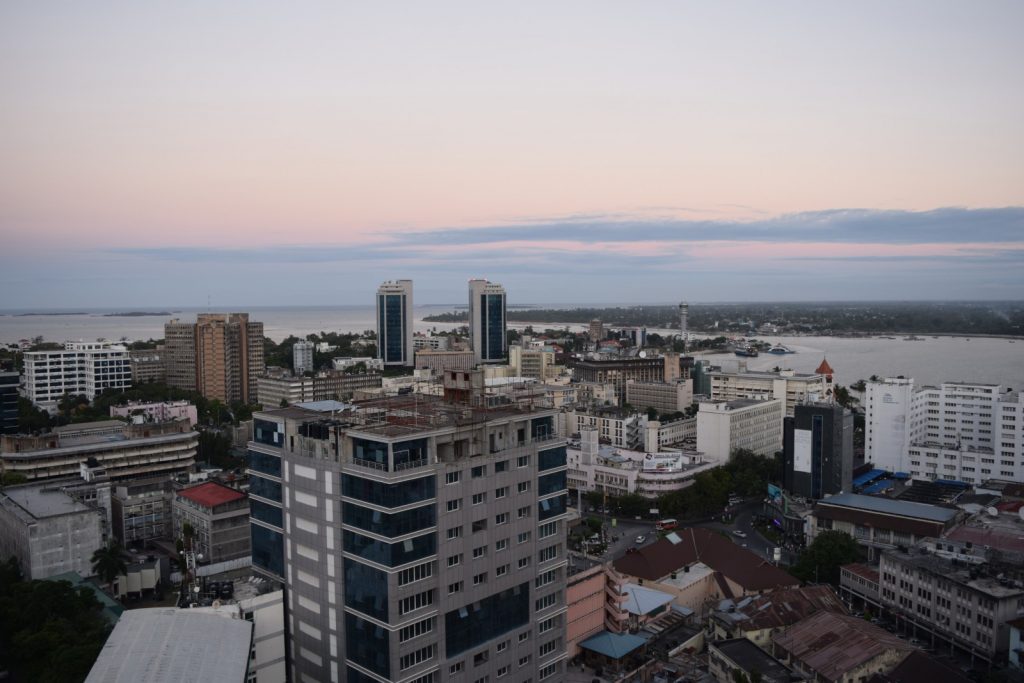
GfGD 3rd Annual Conference (Geology and the Global Goals for Sustainable Development)
Since the Sustainable Development Goals were agreed in 2015, Geology for Global Development has been at the forefront of mobilising and equipping the geoscience community to engage and make a positive contribution.
In 2015, we organised the first major gathering of geologists/Earth scientists anywhere in the world to explore our role in delivering the UN Sustainable Development Goals (SDGs). Over 120 geologists came together to consider how our science and skills can help ensure the successful achievement of these 17 ambitious goals, aiming to end global poverty, fight injustice and inequality, and ensure environmental sustainability by 2030. Our 2016 conference had the themes of ‘best practice’ and ‘personal engagement’. We explored the skills and topical understanding required to deliver high quality, high-impact development projects, and practical projects and opportunities to get involved and help achieve the SDGs.
This Friday we hold our 5th Annual Conference, turning our attention to cities and considering the role of geoscience in realising the SDGs in urban environments. There are unique opportunities presented by cities, as well as significant challenges associated with urban development.
Over the past 12 months I have had the opportunity to visit culturally and economically significant cities across three continents, with notable visits to cities in eastern and southern Africa – Nairobi, Kampala, Lusaka and Dar es Salaam. These cities are growing, rapidly. Dar es Salaam is the third fastest growing city in Africa, with some projections suggesting that it will be one of the 20 largest cities (by population) by the middle of this century.
The United Nations note that:
“Cities are hubs for ideas, commerce, culture, science, productivity, social development and much more.
At their best, cities have enabled people to advance socially and economically.”
But what do cities ‘at their best’ look like? How does (or perhaps, how should) geoscience inform urban planning, development, and resilience? What are the primary successes and mistakes of past and current urban development that could support Dar es Salaam and other future megacities? These are some of the questions we’ll be exploring at our conference, with the aim of catalysing ideas for urban geoscience research, innovation and training tools.

Dar es Salaam (Tanzania) – September 2017
The geoscience community have a significant responsibility and exciting opportunity to work with other disciplines to promote sustainable cities and strong stewardship of the Earth. Our conference will bring together ambassadors from multiple diverse disciplines and sectors, together with 140+ geoscientists, to explore these themes and better understand our role in urban development that strengthens society and best serves future generations.
Limited tickets remain (available here), and you can follow the conference on Twitter using #GfGDConf.
